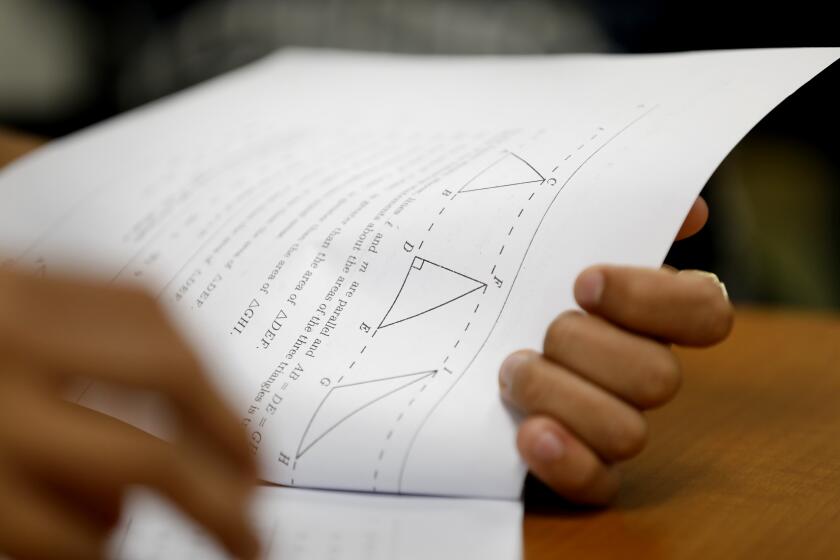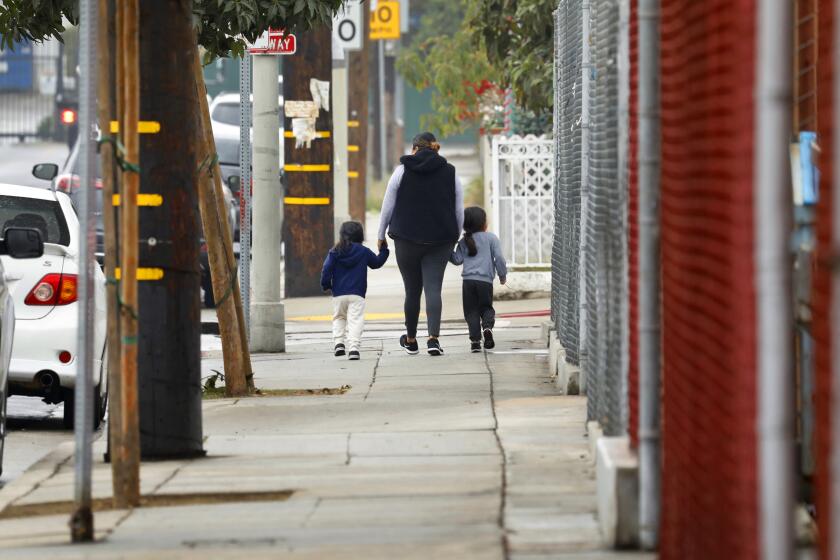
Once, when I was in my preteens, my best friend and I wandered off at the local ice skating rink to browse the gift shop. We were gone for so long that my mother panicked and had our names called over the rink’s loudspeaker. When she eventually found us, I think she was just as angry as she was relieved, and I’ve never forgotten the look on her face.
Now, more than 20 years later, I watch my mother care for her own mother in stores, restaurants and the house with the same love and trepidation. My grandmother has dementia that has reached the stage where she doesn’t know who most of her relatives or friends are anymore. She needs to search for most words and isn’t always able to find them. She doesn’t know that her younger sister died last year. She disappears into certain rooms of my parents’ house for so long that the other day I asked my dad if we should check on her. He said not to worry, that she does this multiple times per day. Sure enough, she reappeared and sat back down in her recliner and then, about 15 minutes later, she wandered to another room again.
Parenting experts think paying a child for good grades is counterproductive, even if it works in the short run.
For the past several years I’ve been watching my parents raise my grandmother. I always knew they were good parents — I had a wonderful childhood, something I really appreciated only in retrospect. But watching them now as they parent my grandmother — and I don’t know what other word to use to describe the way they feed her, clothe her, make sure she’s taking her medications, set up all her appointments — it hits me in a different way. I’m turning 36 this year and have no children. I’m almost certain I don’t want any, but it hasn’t escaped me that I’m reaching the point where I need to decide for sure.
I am also starting to realize that even if I don’t birth my own children, I will probably still end up parenting some day. Dementia is often hereditary. My grandmother’s father died from it, and we have no idea if my mother will inherit it. But if it’s not that, there will most likely be something else that brings about the role-switch for us that she is currently experiencing. I also can’t help but wonder, if I don’t have any children, who will be there to parent me at the end? Yet I’m not sure I can commit to the idea of having a child just so that I’ll have someone to take care of me when my own mother is no longer here.
Almost half of Americans think single mothers are bad for society. We’re being blamed for problems we didn’t create.
My mom and I are different in a lot of ways. She’s very outgoing and naturally friendly, which I am not; she remembers every birthday and every important date, whereas I forget something immediately if I don’t write it down. She grew up a tomboy and has played sports her entire life; I have been awarded more than one participation medal for my feeble athletic efforts. Sometimes we’ve struggled to find common ground. But now that I am well into adulthood, we have a relationship that, for the first time, lets us see each other on the same level. Parenting is at the center of both our lives right now, as I decide whether or not I want to become one, and she is thrust back into a role that I’m not sure she ever imagined returning to after my sister and I grew up. If anything, she was supposed to get a promotion from mother to grandmother.
“Mother” is certainly not her only identity, but I know that sometimes she must feel like it is. And I know that, despite how much she loves her mom, she will be ready for the next phase of her life once my grandmother passes. She is ready to fully inhabit the other identities that I saw once I was old enough to realize that she had a right to exist outside of me: traveler, hiker, friend, reader, wife, gardener, sister, aunt.
Taking care of an elderly parent comes with a lot of complicated feelings, and my mom has begun to talk about things that show me she’s thinking about how she’ll spend the rest of her own life. There are countries she wants to explore, but also everyday activities that are easy to take for granted when you aren’t responsible for someone else, such as wanting to join me on some of my regular morning walks on the beach.
For now, I watch my mother hold my grandma’s hand as she walks her down the street. She tucks my grandmother’s scarf into her jacket to make sure she’s warm enough, and I can see that my grandma feels safe, content and protected, even if everything else is confusing for her. I can only hope that, if and when our own roles reverse, I will be as good of a parent to my mom.
Jackie DesForges is a writer and artist in Los Angeles. @jackie__writes
More to Read
A cure for the common opinion
Get thought-provoking perspectives with our weekly newsletter.
You may occasionally receive promotional content from the Los Angeles Times.












